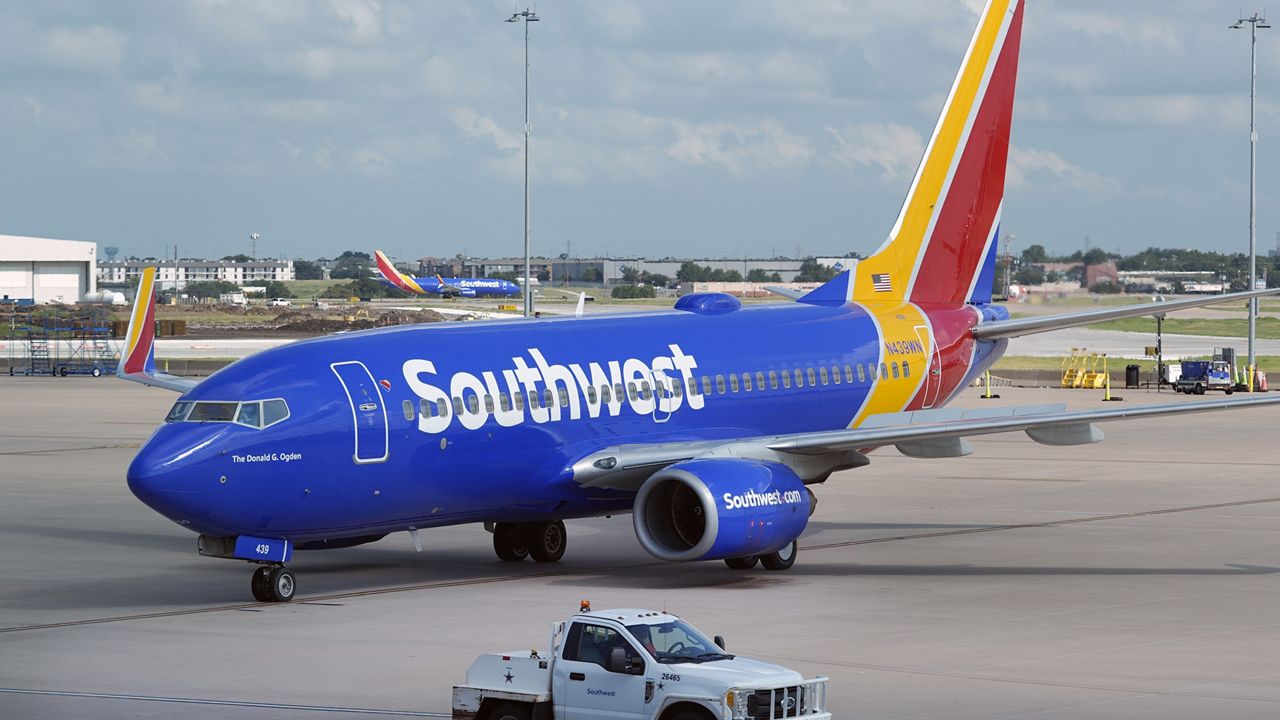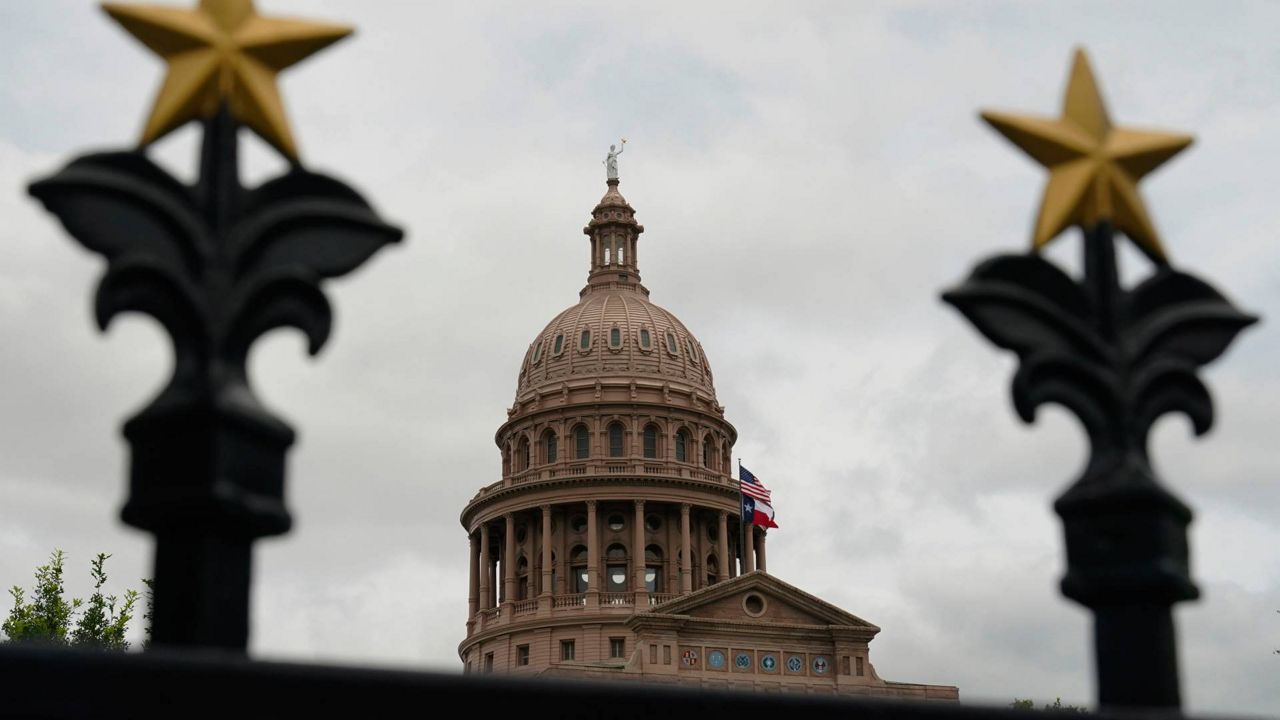DALLAS — For a group of young Filipino professionals in North Texas, a workspace table is where their ideas flow.
As members of the Filipino community, they find common ground while also finding strength in their differences.
Alavia Khawaja is the social media manager of this group. Khawaja is half-Pakistani and half-Filipino.
“I’m a Muslim,” she said, adding that she grew up in Ohio.
Stephanie Bautista, the group’s event coordinator, is Christian. Bautista grew up in California and always found it difficult to relate to her community, often feeling ostracized.
“I actually hated being Filipino,” Bautista said. “I didn’t know how to identify with the culture until I was given a space.”
For newlyweds Conrado and Abby Casallo, who are from Seattle, they moved to DFW, not expecting to be a part of a team so quickly.
Mark Sampelo is the North Texan who helped put this group together. Sampelo, who is also Filipino, grew up in DFW. He realized quickly that a space for his community was lacking.
“I was a first-generation immigrant. I didn’t see my parents for the first five years, because they were in Saudi [Arabia], raising money for us to move to America,” Sampelo said.
It’s why Sampelo and his newfound friends are trying to build a Filipino community center in DFW.
“There’s about 80,000 Filipinos and growing,” Sampelo said.
The group wants the future community center to be a place where Filipinos of all religions, backgrounds, and sexual orientations are welcome.
Right now, it’s about officially becoming a nonprofit and raising the needed funds.
“Our goal is $2.2 million to secure land, and then $22 million to make it sustainable,” Sampelo said.
That’s where the team of Sampelo, Bautista, Khawaja, the Casallos, and others come in.
Back in the summer of 2022, the group started laying out the logistics of building a community center. They also wanted to start their first project, creating the first annual Lone Star Palengke, a Dallas Filipino market.
“For us, we had no expectations, and that was the beauty of seeing it all come to life on the day of the Palengke,” Casallo said.
From their initial announcement in July, the group saw very little interest from vendors and community members. Once the event rolled around in October, they saw that very need firsthand.
“We had seven thousand people come that day,” Sampelo emotionally said, adding that the outcome confirmed the need for a space for Filipinos.
“That was never something I had growing up… was a sense of community, and that’s something I struggled with is my sense of identity,” Sampelo added.
But now, Sampelo and Bautista, who also struggled with her identity, they hope to change that for younger Filipinos.
So, they’ll each have a seat at the table, working hard to see that community center finally come to life.










